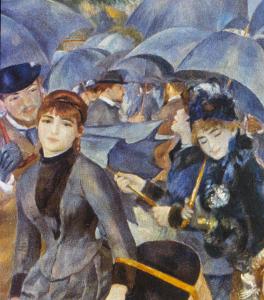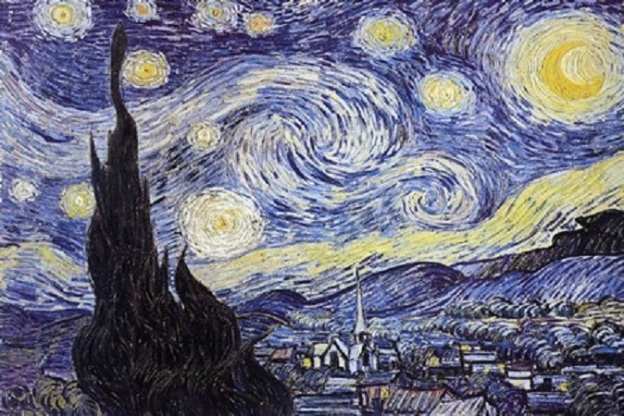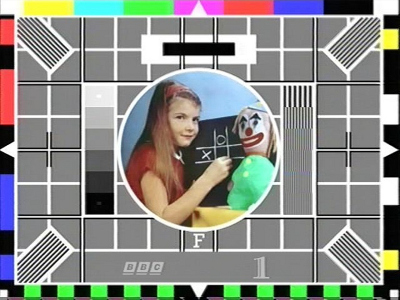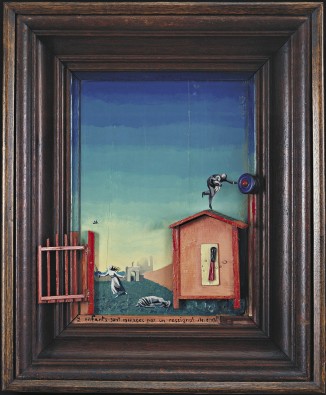Fates of the Animals – Padrika Tarrant

SALT 2015
When I real-time review these stories, my comments will appear in the thought stream below,

www.nemonymous.com
Des Lewis - GESTALT REAL-TIME BOOK REVIEWS
A FEARLESS FAITH IN FICTION — THE PASSION OF THE READING MOMENT CRYSTALLISED — Empirical literary critiques from 2008 as based on purchased books.





LOTON
Dedication includes “THESE FLEETING SHARDS OF LIGHT AND SHADOW”Luxuriously upholstered book with quality materials, 46 pages, plus two pull-out pages, flame-coloured marker ribbon, all generously designed with much artwork etc, dust jacket, embossed hardback cover and amber endpapers. Gorgeous.
(Pull-out page of print)
“With his whip of fine goat leather in hand, he welcomed his wives with a devastating series of well-aimed blows.”
A pre-deluge scene of cruelty to women and animals, including an inadvertent ark…
Is this the book’s ironic welcome to all social justice warriors or just another initial pull-out page we can all ignore as I did with that in this publisher’s previous published book called ‘Conflagration’ (also with a flame-coloured marker-ribbon)?
“The poison, suitable for suicides such as himself, might be transmuted into a convenient tool for scrying.”
A suicide that would matter, as he matters, both as private and notable public figure, as he cerebrally wanders, entrancingly for us, through the ‘velleities’ of his past impulses of thought and action, all knotted up in that single action subsuming all other actions and as preserved by this book as well as framed for posterity in the place where this book has him about to end what he once was, or still is, by virtue of this text in which he is tantamount to embodied. The poison his black mirror of scrying, like my take on another black mirror here and in ‘Music for Chameleons’.
His moon, my moon here.
I
“…the ancient art of memory — now as useless as a desk ornament -–”
A resplendent feast, its preening host, its suffered poet-bard – and an outcome of events that is a highly intriguing treatment regarding the nature of retrocausal revenge and foreshadowed fate, as well as memory as a map of BOTH retrocausal and foreshadowed truths and lies as part of that treatment.
“The tar that had surrounded me retreated beyond the bed to the window,…”
A strikingly disturbing description by a man waking into the metamorphosis of illness, vulnerably in others’ hands such as those of his wife and doctor.
I can’t help but treat this as a symbol of my own future treatment.
“But the teachings of the divine ‘Tullius’, though a pagan, consubstantiated the teachings of the Church.”
This portrait of Albertus Magnus and his scholarly (perhaps mis-triangulated) exegesis of the work of Cicero involves a strikingly described Hellish vision in the cathedral. The whole tenor of this piece minds me of the dreamcatching processes of Null Immortalis, a name that contains both Tullis and Tullius. The gestalt of bad and good.
“My life was lived as if in the waters of an aquarium,…”
A text that adeptly FEELS, like in II, as if one is in that situation, having been treated for an illness and put away somewhere by a loved one, feeling older than one remembers ever feeling before, where the other inhabitants of the aquarium or a slow motion film are famous fiction books that you once happened to dreamcatch – like this one is due to become?
A telling blend of the Inquisition against the so-called heresy of Giordano Bruno – and his art of memory as well as memory’s version of old men like us.
“But despite this repetition of actions, which my body still sensed…”
…this recurrence of historic figures and the dying old man, a musical dying-fall vision or the ability to Dreamcatch given to me by Dreamcatchable books like this book, by this patchwork of episodes entitled ‘Some Dead Rats’. I shall remember its fortifications of self when, I too, (very soon!) live life in my own ‘suffocating darkness’ of being nursed towards death.
As well as even the rats that have the right to live, my rationalisations, too?
“Thus the intent of the Romanian explorer and his associates was clear, they needed to include the dead bodies in their photos that they might serve as precious hunting trophies displayed as a proof of victory over primitive evil.”
A 17th century Callot that I once had in a book as a child and which I then studied in awe, depicting the hanged ‘fruits’ here used as extrapolative metaphor for a weapon of natural selection and missionarisation and colonisation and exploitation…
The study of the above picture as a child was like that of my study of a painting I happened to have on my boyhood bedroom wall: The Boyhood of SIr Walter Raleigh (https://nullimmortalis.wordpress.com/2013/03/03/boyhood/) by Millais.
I similarly point towards the horizon of this well-crafted text and say: find what you will in it and use it for yourself. Listen not to me.
I
“…the scene was silent as if the couple was trapped inside of an aquarium.”
An intriguing historic portrait of a film projector as illusionist, ‘metteur en scène’ … or Devil? Almost an act of self-harm as well as harm to the gullibles whom the projector tricks into making real their make believe.
I keep my own powder dry as to the the rest of this work yet to be read, a text as a trick also, no doubt, that I am spreading over days to prevent its own spreading and to slow down the shuttling of its words into my eyes, to trip up the trick of their becoming too real.
A strikingly adept portrait of the effect of a magic lantern’s moving images upon its critics, involving Jesuits – which in turn had an effect on the moving images themselves.
A virtuous and vicious loop that occurs even now and perpetuated, but also transcended, by this text and by the magic lantern I am using to write my review of it.
A fascinating character study, too, of the projected as well as historical illusionist himself, the one who sits within me, guiding my fingers even now as I write about the image of him conjured by the text that created him or was created by him – or by or in the name of the author on the spine? A light and dark lantern, by turns. Old and new. Day and night.
Death is always almost.
III
And thus this story’s illusionist or magic-lanternist furthers his art…
“He wanted to add a touch of fear to the spectacle, the kind of effect that lent realism to the best tricks of the stage. He searched his memory for material, thinking back upon the most terrifying and distasteful events in his life;”
And that touch turns out to be a striking passage in this book about a dog and a boy that, for me, amazingly and mutually echoes, complements and supplements a book I have been reading for the last two months and real-time reviewing here (and finished about an hour ago) – FATES OF ANIMALS, Dog as God &c. &c.
“I similarly point towards the horizon of this well-crafted text and say: find what you will in it and use it for yourself. Listen not to me.”
One more story or work to read.
THE EXTINCTION HYMNBOOK
“The ecstasy of killing, once triggered, can hardly be interrupted by the process of reason.”
And ‘killing’ is not the only thing.
‘The Extinction Hymnbook’ is a mighty visionary work, believe me, the apotheosis of ‘The King in Yellow’ and Byron’s ‘Darkness’ poem.
As well as a lantern’s repetitive (“our destiny is repetition”) projection of ‘once hope’, I guess, a version of my own ‘dead monument of once ancient hope’ and the monument above I photographed in 2008. It is also the ‘almost death’ threaded through this whole still meaningfully and meaninglessly growing book, its magic lantern stilled, a perfect storm of stasis as white or black static. The old man, like me, held in a rhapsody of dreamcatching purgatory with great books like this one for company, but now with the perfection of hopelessness as bolstered by a repetition that is ensuring ‘almost’ is finally fulfilled… (Harold Billings wrote above during an earlier restoration-point of this review”: “Isn’t it great that there is always one more to read!”)
“There is no death, not even the hope of permanence or stasis.”
end